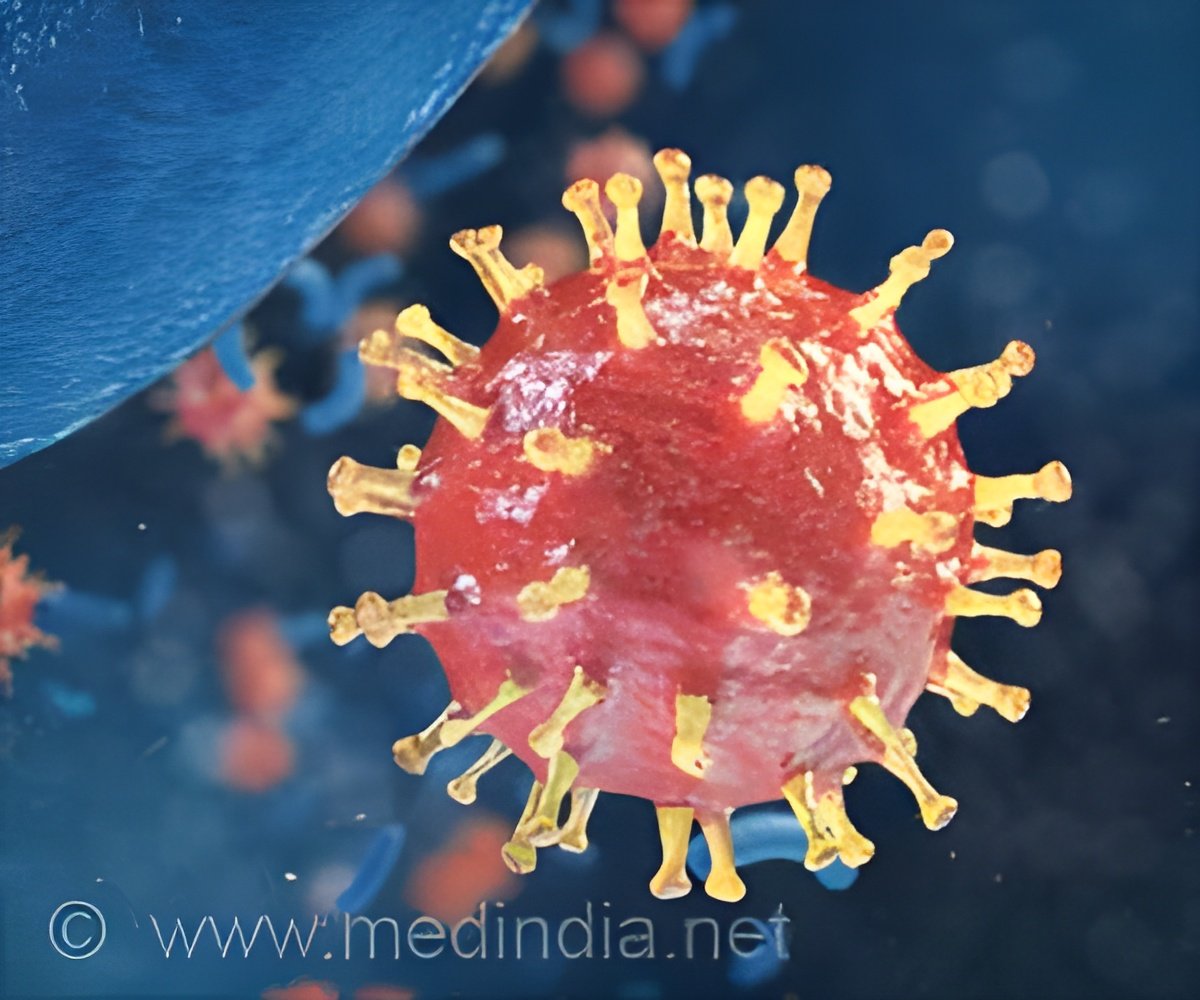CD11c+ dendritic cells, the newly discovered immune cells are more susceptible to HIV infection and can then transmit the virus to other cells.

TOP INSIGHT
CD4 T cells are responsible for driving an immune response to the pathogen. Interestingly, they are also the primary HIV target cells in which the virus replicates.
"Once dendritic cells capture a pathogen, they communicate what they have found to CD4 T cells in the lymph nodes, essentially giving the immune system a constant update. This information prepares the immune system to either tolerate a bacteria or virus, or attack it.
"However, if CD4 T cells fall below critical levels (e.g. in HIV positive patients), then the body is no longer able to mount an immune response, leading to a diagnosis of AIDS.
"Our research team has shown that the newly discovered CD11c+ dendritic cells are more susceptible to HIV infection than any other known dendritic cell. We have also shown that CD11c+ dendritic cells interact with CD4 T cells more efficiently than any other dendritic cells. Importantly CD11c+ dendritic cells transfer the virus to CD4 T cells, making them key drivers of HIV infection. As these dendritic cells are so efficient at interacting with CD4 T cells, they are also important vaccine candidates.
The team from The Westmead Institute for Medical Research were able to discover these CD11c+ dendritic cells using donated genital tissues.
According to co-lead author and Executive Director of The Westmead Institute for Medical Research, Professor Tony Cunningham, this discovery has unlocked two new avenues for medical researchers to pursue in the search for more effective HIV treatments.
"Another avenue is to use this new information to develop a HIV vaccine. If HIV fragments or inactivated HIV were targeted at these CD11+c dendritic cells, this would have the potential to prime an immune response against HIV as soon as it enters the body," says Professor Cunningham.
Source-Eurekalert
 MEDINDIA
MEDINDIA




 Email
Email









